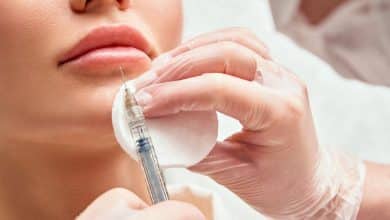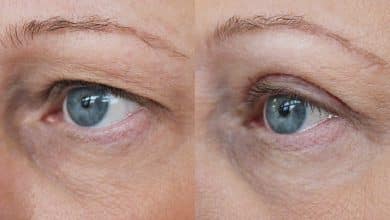How do face masks affect the skin?

How do face masks affect the skin? Face masks can be used well for skin care. They serve cosmetic purposes and some even work as a treatment for some skin conditions. Face masks are becoming more and more popular when it comes to daily skincare tasks. Its many different applications and types have made it a very attractive skin care option.
In the market you can find earth mask, carbon mask, hyaluronic acid mask, enzyme mask or just moisturizer. So you can choose according to your skin needs.
Below, we’ll tell you how it works.
How does the skin absorb nutrients?
They are very useful when you make face masks a part of your skin care program. However, it is important to note that they do not change substantially per se unless they are used consistently.
The mainstays of skin care are cleansing, sunscreen, and hydration. Skin masks work based on their ingredients. At the same time, you should combine it with a suitable skin cleansing beforehand. Additionally, you need to moisturize your skin.
The use of face masks emphasizes direct contact of the material with the surface of the skin. Skin pores are clean and skin absorbs more products. It can have an instant effect that you notice when the skin is radiant and radiant.
However, it is temporary, which is why you should make face masks a regular part of your skin care program.
What mask you can put on your skin?
Before applying the mask to your skin, your face should be gently cleansed to remove any makeup, dirt, or debris.
After cleansing, you should wash your face with warm water, allowing the pores to penetrate more. Therefore, the material is easily absorbed by your skin.
In most cases, the product should be left in contact with your skin for 20 to 30 minutes. This gives the ingredients more time to penetrate the surface of the skin and reach their effect.
Mask according to skin type
When choosing a mask, you should consider the results you want. You need to choose the ingredients according to your skin type and adjust them to meet your own concerns.
dry skin
Dry skin needs a lot of hydration, so this type of beauty treatment is very beneficial. Remember that people with dry skin should use hydrating face masks every two weeks. Substances such as hyaluronic acid and avocado (avocado or shea butter) contribute to hydration and water retention.
acne or inflammation
Facial masks are not a long-term treatment for acne. However, it can help reduce inflammation and prevent acute infection.
Salicylic acid, benzoyl peroxide, and alpha hydroxy acids (AHAs) remove dead cells from the surface of the skin and the remains of clogged pores. According to research, it has a positive effect on acne scars.
oily skin
For this type of pus, the best products are those that remove excess oil and thus increase the permeability of the pores. Some products that have benefits for oily skin are salicylic acid, glycolic acid, sulfur and charcoal (salicylic acid, glycolic acid, sulfur and charcoal).
fine wrinkles
Masks do not completely eliminate the gentle wrinkles of your face. However, it can help reduce fine lines. Experts recommend vitamin C for this type of skin due to its high antioxidant capacity. In turn, it creates a constant stimulus for collagen production.
Vitamin E with Resveratrol and Ferulic Acid (Resveratrol and Ferulic Acid) is also an effective anti-aging option. Both are effective in protecting the skin from external factors that cause fine lines such as pollution and the sun.
acne rosacea
Niacinamide has antioxidant properties, reduces erythema and improves skin tone. In fact, according to a study by the British Journal of Dermatology, it helps prevent oxidative processes.
Spots and hyperpigmentation (hyperpigmentation)
You will not see immediate results for this type of disease. Therefore, the use of face masks is a complement to discoloration treatments. In this case, the most useful components are kojic acid, tranexamic acid and azelaic acid (kojic acid, tranexamic acid and azelaic acid).
Caution when using skin mask materials
Many face masks are aesthetically and sensually attractive. However, not all of them have succeeded in performing the tasks they claim to perform. You should be careful not to get involved in business scams.
Those that contain fragrances, dyes or parabens can be harmful to the skin, especially for the most sensitive. It is best to read labels and analyze their composition to avoid these products and to choose hypoallergenic products.
Home masks can be safe and effective, as long as you know what you should and shouldn’t use. Due to their harmful effects, it is best to avoid the following:
Lemon: Like vinegar, lemon is an acidic product that causes pigmentation and irritation.
Egg whites: can cause dermatitis. Never use it if you have active wounds.
Sodium bicarbonate: This substance contains large amounts of alkali that destroys the skin barrier and loses its moisture.
Face masks complement the complexion of the face
Facial masks are a complement to a good skin care program. Along with cleansing, moisturizing and sun protection, these are great allies that you should use to improve the texture and appearance of your skin.
Remember that price does not always indicate product quality or efficacy, so keep this in mind when choosing face masks.
However, the best thing you can do is identify your skin’s features and needs. This way, you can choose the right product for you and get the most out of it.




